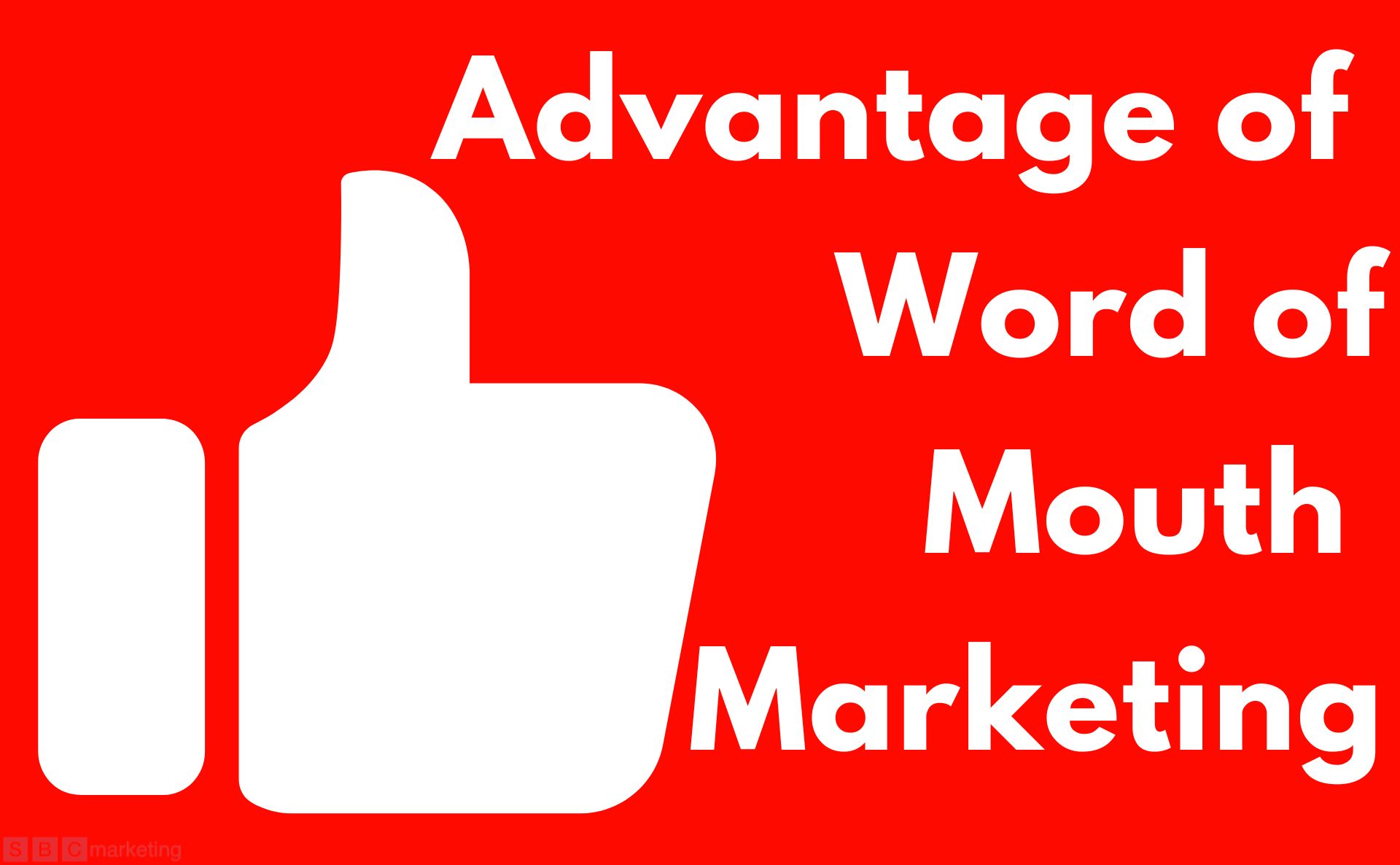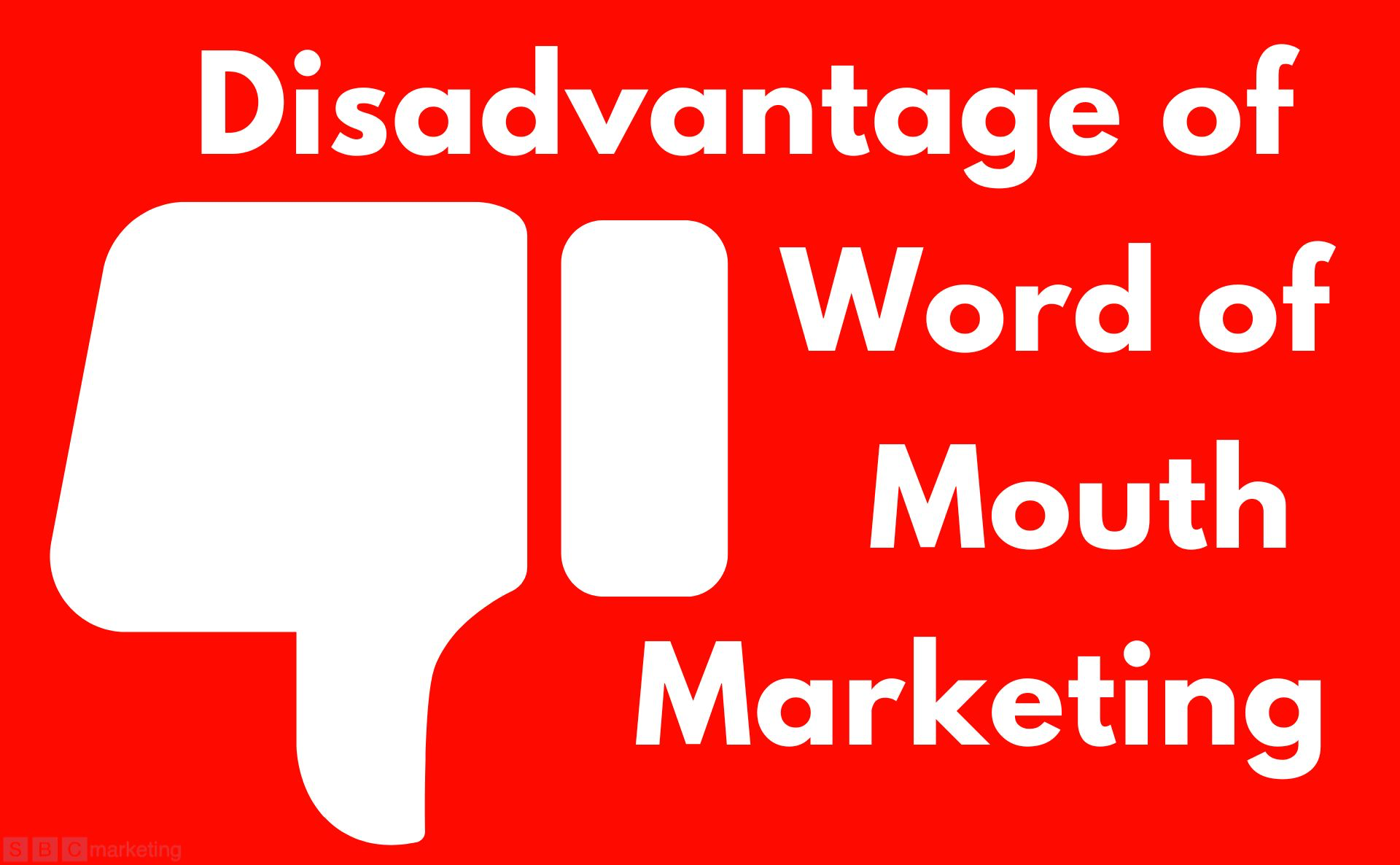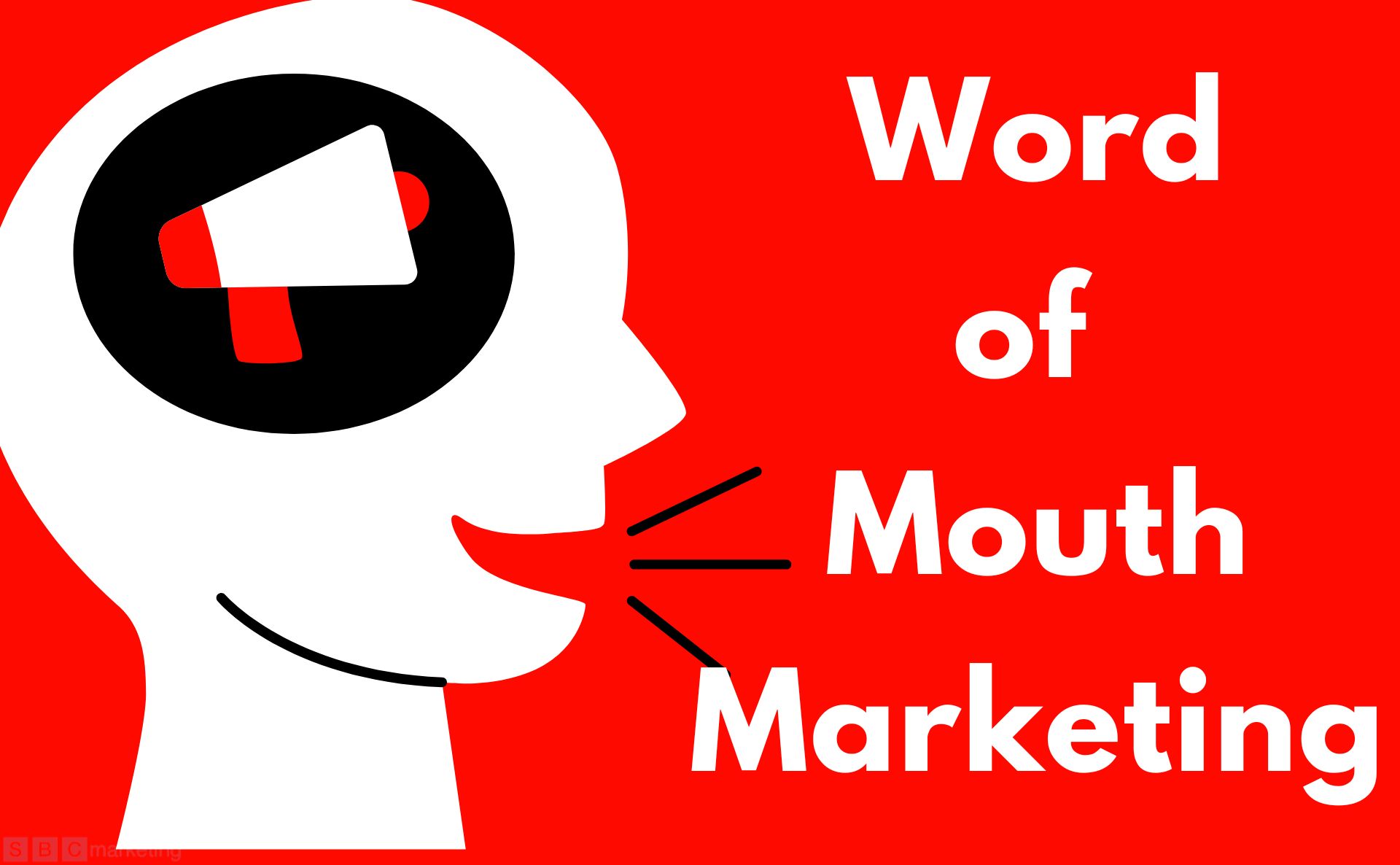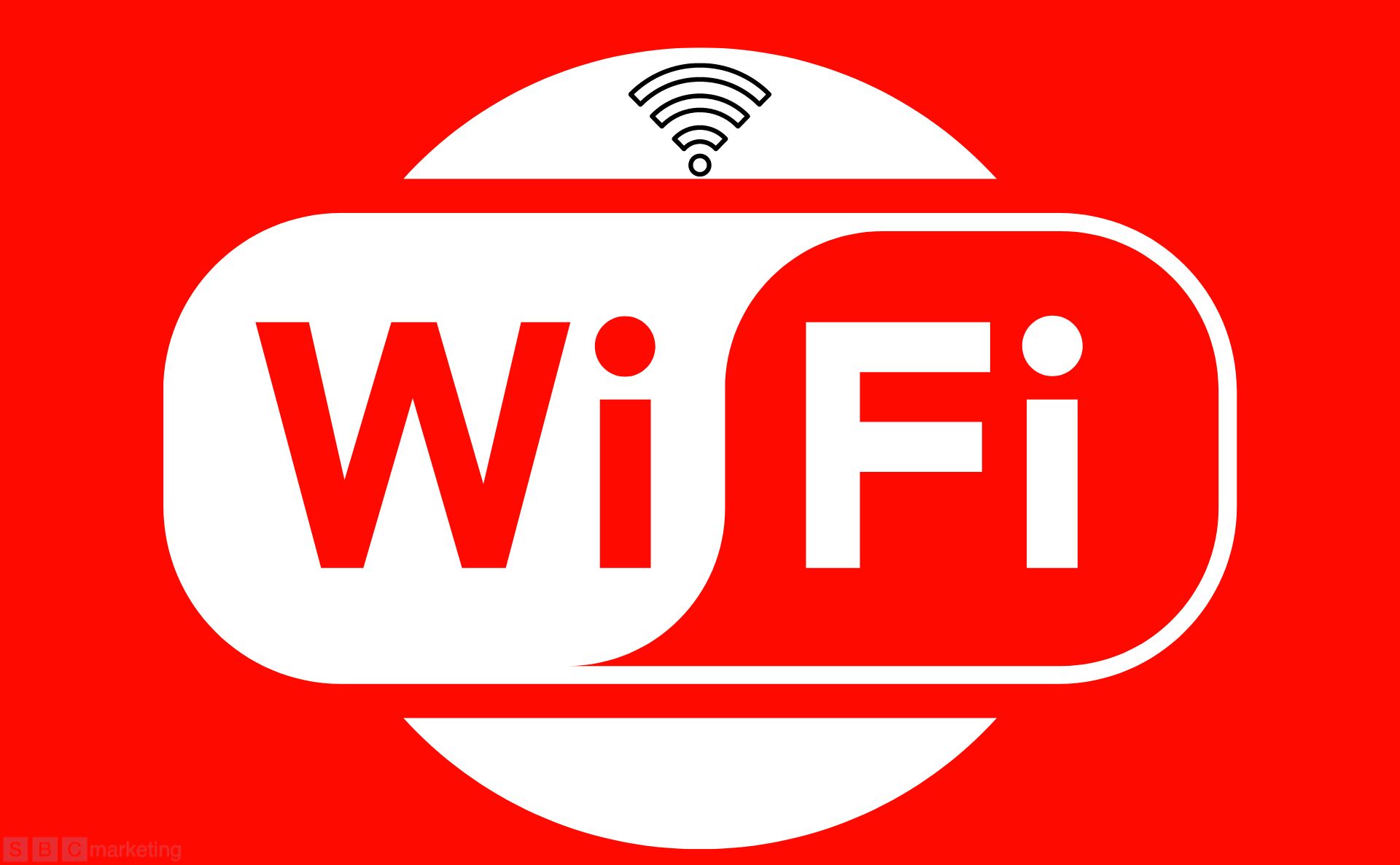Definition of Word-of-Mouth Marketing
Word-of-Mouth Marketing (WOMM) is a strategy that relies on customers sharing their positive experiences with a product or service. This type of marketing capitalises on the trust and personal connections between individuals, aiming to generate organic and authentic recommendations that can influence potential customers. Unlike traditional advertising, which is often seen as impersonal and biased,Word-of-Mouth Marketing leverages the credibility of peer-to-peer endorsements.

Advantage of Word of Month Marketing – SBC Marketing London
Advantages of Word-of-Mouth Marketing
- Cost-Effectiveness
- Low or No Cost: One of the most significant advantages of Word-of-Mouth Marketing is its cost-effectiveness. Small businesses often operate on limited budgets and cannot afford expensive advertising campaigns.Word-of-Mouth Marketing can occur naturally without significant financial investment, as satisfied customers spread the word about their positive experiences.
- High ROI: Given its low initial cost,Word-of-Mouth Marketing can offer a high return on investment. A single positive review or recommendation can lead to multiple new customers, each of whom might continue the cycle of positiveWord-of-Mouth Marketing.
- Credibility and Trust
- High Trust Levels: Recommendations from friends, family, or even online reviewers are generally more trusted than traditional advertisements. Potential customers are more likely to believe and act upon a recommendation from someone they know personally or a review they consider genuine.
- Authenticity: Unlike paid advertisements,Word-of-Mouth Marketing is perceived as more authentic. Consumers are aware that their peers have no hidden agenda, making their endorsements more impactful.
- Enhanced Customer Loyalty
- Building Relationships:Word-of-Mouth Marketing fosters strong relationships between the business and its customers. When customers feel valued and satisfied, they are more likely to become repeat buyers and brand advocates.
- Community Building: Word-of-Mouth Marketing helps in creating a community around a brand. Loyal customers who engage in WOMM often feel a sense of belonging, further enhancing their loyalty and likelihood to recommend the business to others.
- Virality Potential
- Rapid Spread: In the age of social media,Word-of-Mouth Marketing can spread rapidly and reach a wide audience quickly. A single viral post can expose a small business to thousands or even millions of potential customers.
- Leverage Social Media: Platforms like Facebook, Instagram, and Twitter amplify WOMM, allowing satisfied customers to share their experiences with their networks instantaneously.
- Customer Insight and Feedback
- Real-Time Feedback:Word-of-Mouth Marketing provides valuable insights into customer satisfaction and product performance. By paying attention to what customers are saying, businesses can gain immediate feedback and adjust their strategies accordingly.
- Improvement Opportunities: Constructive feedback obtained through WOMM can highlight areas for improvement, enabling small businesses to enhance their products or services continually.

Disadvantage of Word of Month Marketing – SBC Marketing London
Disadvantages of Word-of-Mouth Marketing
- Lack of Control
- Unpredictability: Unlike traditional marketing campaigns,Word-of-Mouth Marketing is inherently unpredictable. Businesses cannot control what customers say or when they say it. This lack of control can make it challenging to manage a consistent marketing message.
- Negative WOMM: Negative experiences can also spread rapidly throughWord-of-Mouth Marketing. A dissatisfied customer can potentially reach a vast audience with their negative feedback, which can harm the business’s reputation.
- Measurement Challenges
- Difficult to Quantify: Measuring the impact of WOMM can be challenging. Unlike paid advertising, where metrics like click-through rates and conversions can be tracked easily, the effects of WOMM are more diffuse and harder to quantify.
- Indirect Impact: The indirect nature ofWord-of-Mouth Marketing means that its contribution to sales and growth is not always immediately apparent, complicating the assessment of its effectiveness.
- Dependence on Customer Experience
- Quality of Service:Word-of-Mouth Marketing heavily depends on the quality of the customer experience. If a small business fails to deliver consistently excellent service or products, it risks generating negativeWord-of-Mouth Marketing.
- High Expectations: Customers influenced by positiveWord-of-Mouth Marketing may have high expectations. If the business fails to meet these expectations, it can lead to disappointment and negative feedback.
- Time-Consuming
- Slow Build-Up:Word-of-Mouth Marketing can take time to build momentum. For new businesses, it may take a while before enough positive WOMM is generated to make a significant impact.
- Ongoing Effort: Maintaining a high level of customer satisfaction to encourage continuous positiveWord-of-Mouth Marketing requires ongoing effort and commitment, which can be resource-intensive for small businesses.
- Risk of Misinformation
- Unverified Claims: WOMM can sometimes lead to the spread of misinformation. Customers may share incorrect information about a product or service, which can confuse or mislead potential customers.
- Rumors and Speculation: In the absence of official communication, rumors and speculation can fill the void. This can lead to the propagation of false information that can damage a business’s reputation.
Balancing the Pros and Cons of Word-of-Mouth Marketing
For small businesses, the key to leveraging WOMM lies in striking a balance between amplifying positive experiences and managing potential risks. Here are some strategies to maximize the benefits while mitigating the drawbacks:
- Deliver Exceptional Service: Ensure that every customer interaction is positive to encourage favorable WOMM. Consistency in quality and service is crucial.
- Engage with Customers: Actively engage with customers on social media and review platforms. Responding to feedback, both positive and negative, shows that the business values its customers and is committed to improvement.
- Monitor Online Presence: Regularly monitor what is being said about the business online. Tools like Google Alerts and social media listening platforms can help track mentions and address issues promptly.
- Encourage Reviews: Encourage satisfied customers to leave reviews and share their experiences. This can be done through follow-up emails, incentives, or simply by asking.
- Address Negative Feedback: Handle negative feedback professionally and constructively. Addressing issues promptly can turn a negative experience into a positive one and demonstrate the business’s commitment to customer satisfaction.
Conclusion
Word-of-Mouth Marketing is a powerful tool for small businesses, offering numerous advantages such as cost-effectiveness, credibility, and the potential for virality. However, it also presents challenges like unpredictability, measurement difficulties, and the risk of negative feedback. By delivering exceptional service, engaging with customers, and actively managing their online presence, small businesses can harness the power of WOMM to drive growth and build a loyal customer base.

FAQ for Word of Month Marketing – SBC Marketing London
Frequently Asked Questions (FAQ) About Word-of-Mouth Marketing for Small Businesses
1. What is Word-of-Mouth Marketing (WOMM)?
Word-of-Mouth Marketing (WOMM) is a marketing strategy where customers share their positive experiences about a product or service with others, either through personal conversations or online reviews and social media posts. This form of marketing leverages the trust and credibility of personal recommendations.
2. How can small businesses encourage positive Word-of-Mouth?
Small businesses can encourage positive WOMM by delivering exceptional customer service, providing high-quality products, engaging with customers on social media, and asking satisfied customers to leave reviews. Offering incentives for referrals and creating shareable content can also help.
3. What are the main benefits of Word-of-Mouth Marketing?
The main benefits of WOMM include cost-effectiveness, high trust levels, enhanced customer loyalty, potential for viral spread, and valuable customer insights and feedback. WOMM can lead to a high return on investment without significant financial outlay.
4. What are the risks associated with Word-of-Mouth Marketing?
The risks include lack of control over the message, the possibility of negative WOMM spreading, challenges in measuring impact, dependence on consistently positive customer experiences, and the potential for misinformation and rumors.
5. How can businesses measure the impact of Word-of-Mouth Marketing?
Measuring the impact of WOMM can be challenging. Businesses can track metrics such as referral traffic, social media mentions, online reviews, and customer feedback. Surveys and customer feedback forms can also provide insights into how customers heard about the business.
6. What should a small business do if it receives negative Word-of-Mouth?
If a business receives negative WOMM, it should address the feedback promptly and professionally. Apologize if necessary, offer solutions or compensation, and show commitment to resolving the issue. Handling negative feedback well can turn a dissatisfied customer into a loyal one.
7. Can Word-of-Mouth Marketing replace traditional advertising?
While WOMM is powerful, it should complement rather than replace traditional advertising. A balanced marketing strategy that includes both WOMM and traditional methods can reach a wider audience and provide more comprehensive brand exposure.
8. How long does it take for Word-of-Mouth Marketing to show results?
The time it takes for WOMM to show results can vary. Building momentum with WOMM can be slow, especially for new businesses. However, once established, positive WOMM can lead to sustained growth. Consistency in quality and service accelerates this process.
9. How can social media enhance Word-of-Mouth Marketing?
Social media platforms amplify WOMM by allowing customers to share their experiences with a broader audience quickly. Businesses can engage with customers, respond to feedback, and create shareable content to enhance the reach and impact of WOMM on social media.
10. What role do online reviews play in Word-of-Mouth Marketing?
Online reviews are a crucial component of WOMM. They provide potential customers with insights into other customers’ experiences and significantly influence purchasing decisions. Positive reviews can boost credibility and attract new customers, while negative reviews need careful management to avoid reputational damage.
Take Your Word-of-Mouth Marketing to the Next Level with SBC Marketing London
At SBC Marketing London, we understand the power of Word-of-Mouth Marketing and how it can transform your small business. Our expert team specializes in crafting strategies that amplify positive customer experiences and drive organic growth. From social media engagement to online reputation management, we provide comprehensive solutions tailored to your business needs.
Ready to harness the power of Word-of-Mouth Marketing and boost your business? Contact SBC Marketing London today to learn how we can help you create impactful marketing strategies that resonate with your audience and drive real results.
Call us at 020 3553 1297 or visit our website at www.sbc-marketing.co.uk to get started!
Don’t miss out on the opportunity to grow your business through the most trusted form of marketing. Let SBC Marketing London be your partner in success!










